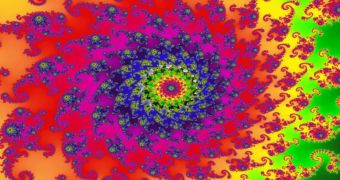In a new scientific study, it was revealed that patients in the last, terminal stages of cancer exhibit reduced levels of anxiety after they are administered the hallucinogen usually found in “magic mushrooms.”
These drugs are known for making users experience various forms of illusions, and researchers managed to isolate the compound that underlies this effect.
They then administered the chemical to patients who were in great pain due to advanced stages of cancer. The team then observed a reduction in the amount of anxiety these patients reported.
It was additionally discovered that the active substance, which is called psilocybin, is capable of raising the mood these patients have, but without causing any negative side effects.
The small scale research took place in California. Now that preliminary results are in, further clinical trials are taking place separately, at two universities.
One of the things that makes the investigation stand out from the rest is the fact that it represents the first instance in more than three decades in which the effects of hallucinogens were assessed as possible psychiatric therapies.
The small clinical trials were conducted on only 12 participants, but the results were immediately visible, say researchers with the investigations team.
“There were no physiological adverse effects from the treatment, and there were no psychological adverse effects,” explains Dr. Charles Grob, a study researcher.
“Nobody had a bad trip, nobody had a bad anxiety reaction,” adds the expert, who is based at the Los Angeles Biomedical Research Institute, in Torrance.
He also holds an appointment at the Harbor-UCLA (University of California in Los Angeles) Medical Center.
“Right now we're just kind of very, very carefully, cautiously opening the door again on an old, old research model that was shut down many decades ago,” Grob adds.
Details of the research appear online Monday in the latest issue of the esteemed Archives of General Psychiatry, a Journal of the American Medical Association (JAMA).
Funding for the new work came from the Heffter Research Institute, the Betsy Gordon Foundation and the Nathan Cummings Foundation, MyHealthNewsDaily reports.

 14 DAY TRIAL //
14 DAY TRIAL //